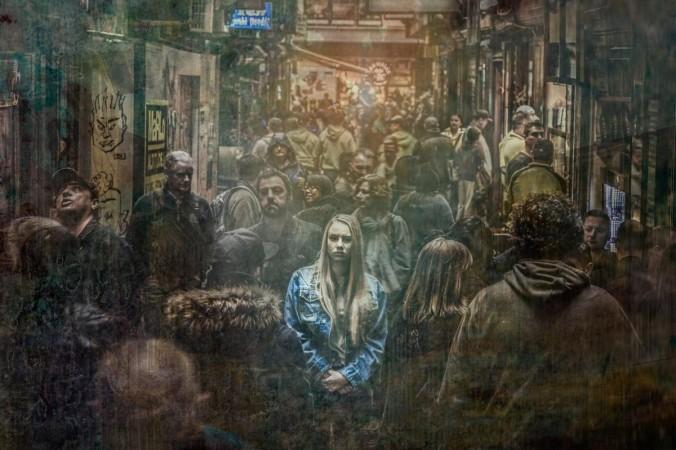Social anxiety is defined by a poor self-perception and the fear that one's looks or conduct will not conform to social standards and norms. Social anxiety disorder is an extreme expression that affects up to 13% of the population.
"The adverse effects of the COVID-19 pandemic on mental health outcomes, including anxiety and depression, have been well-documented. However, little is known about effects of increased mask-wearing on social interactions, social anxiety, or overall mental health." said David Moscovitch, co-author of the paper.

"It is also possible that many people who didn't struggle with social anxiety before the pandemic may find themselves feeling more anxious than usual as we emerge out of the pandemic and into a more uncertain future -- especially within social situations where our social skills are rusty and the new rules for social engagement are yet to be written," Moscovitch adds.
Three factors
The researchers conducted a literature review on three factors that they hypothesized might contribute to social anxiety associated with mask-wearing -- hypersensitivity to social norms, bias in the detection of social and emotional facial cues, and a tendency for self-concealment as a type of safety performance.
"We found that mask-wearing by people with social anxiety is likely to be influenced by their perception of social norms and expectations, which may or may not be consistent with public-health guidelines and can vary widely by region and context," said Sidney Saint, lead author of the paper.

The study also found that persons who suffer from social anxiety have trouble identifying ambiguous social cues and are more likely to view them negatively. These people are also concerned about sounding incomprehensible or awkward.
Saint says, "We believe that both issues are likely to be magnified during interactions with masks."
Another significant influence is that masks can be used as a form of self-concealment tactic, allowing persons with social anxiety to disguise their perceived defects. As a result, in addition to the drive to protect themselves from contagion, the desire for self-concealment may encourage their usage of masks.
Moreover, the research demonstrates that people with social anxiety may be especially vulnerable to norm transitions in which expectations for mask-wearing are in flux or become a matter of personal choice.














